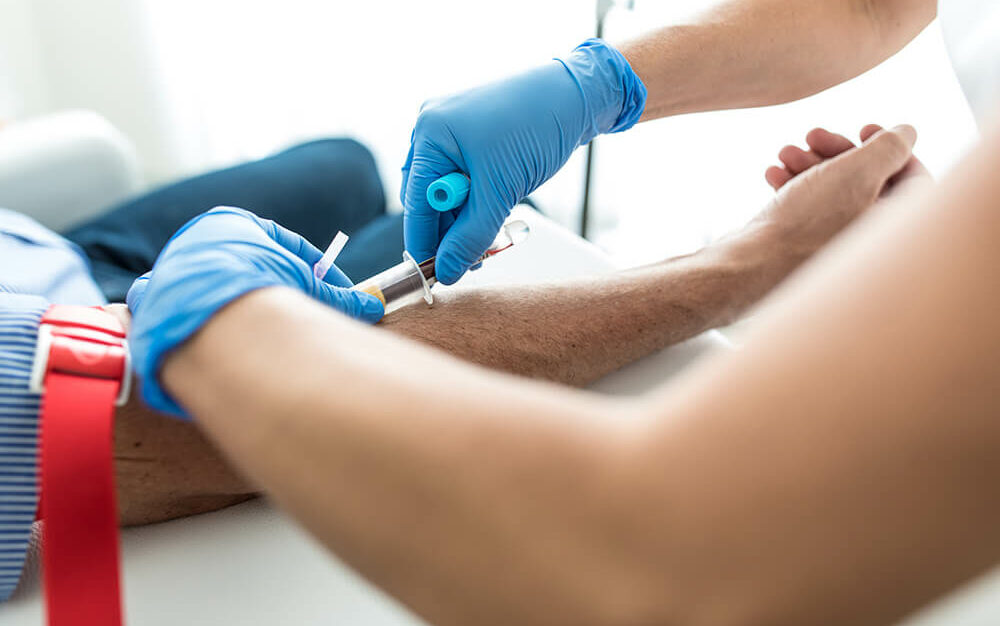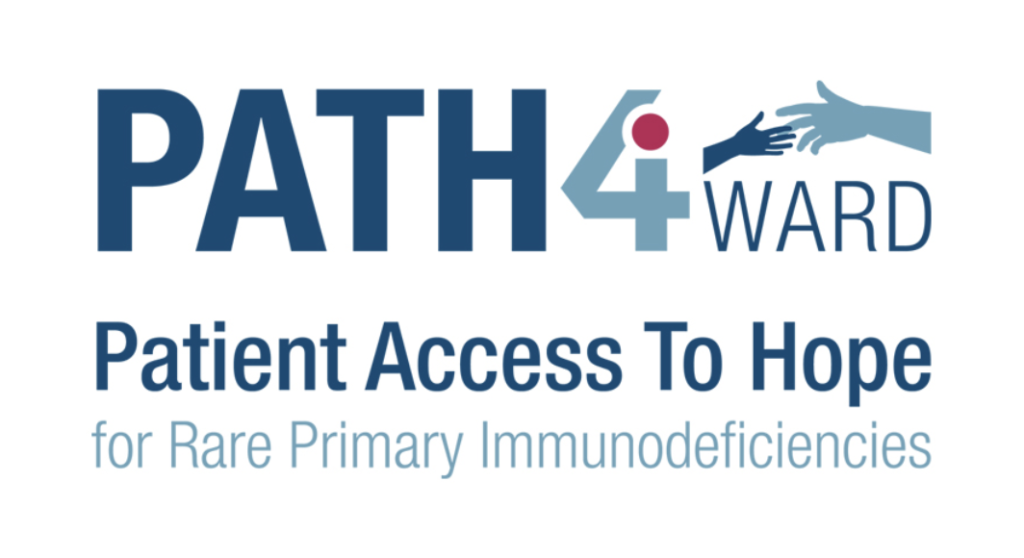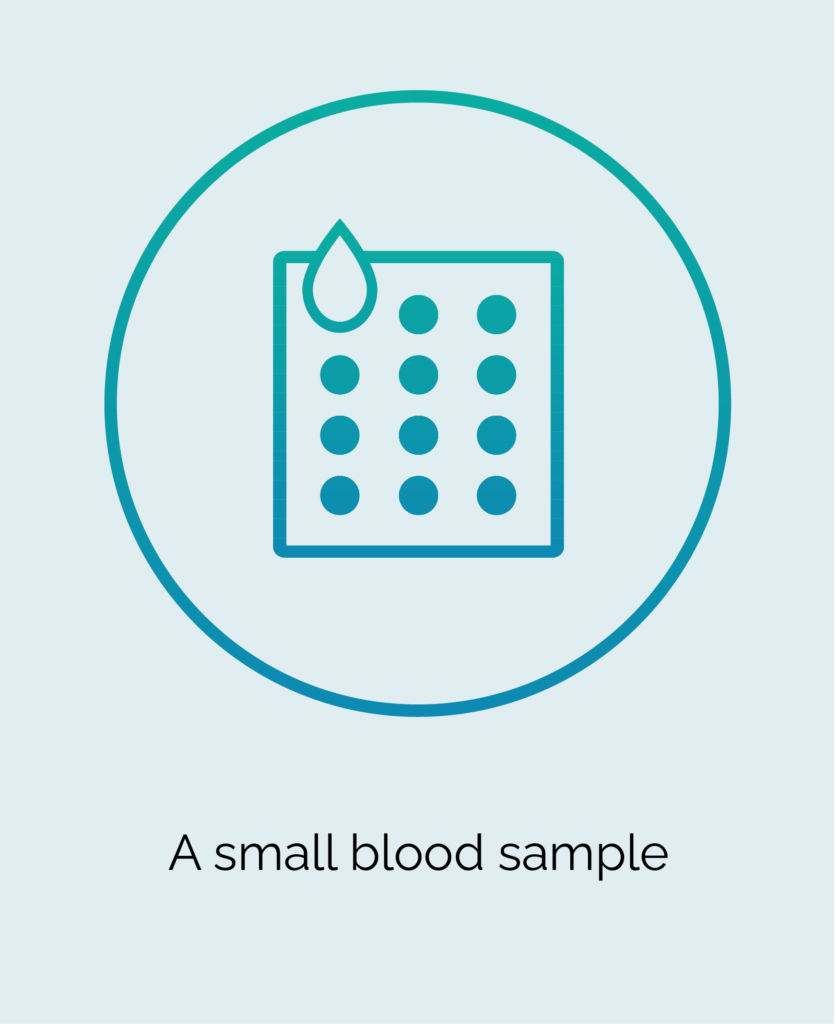There are many different types of genetic tests. Some tests can be bought directly from a number of companies without needing a doctor to order it. These are called direct-to-consumer tests. Popular direct-to-consumer genetic tests like 23andMe and Ancestry.com use an easy to collect DNA sample to:
Some of these tests may also tell you if you have certain genetic traits like freckles, or even what type of earwax you have.
Direct-to-consumer tests are reviewed by the FDA but have limitations. For example, none are diagnostic. This means they will not diagnose you with certain diseases.




Diagnostic tests are only available from a doctor because the results need to be interpreted and explained by a medical professional. These genetic tests are used to find out if you have a specific genetic condition.

Doctors also give other genetic tests for prenatal and newborn screening.

Diagnostic genetic tests can look at one gene or several genes. For example, if you have been diagnosed with severe neutropenia, your doctor may want to test you to look at the gene called “ELANE”. Mutations or variants in ELANE are the most common cause of severe congenital (a condition one is born with) neutropenia.
In addition to ELANE, there are many other genetic mutations that may cause severe congenital neutropenia or other PID. Testing for multiple genes at one time (on a panel of genes) may help identify the mutation faster. This genetic test is only looking at certain genes known to cause chronic neutropenia and primary immunodeficiencies (PIs). This test is offered through the PATH4WARD program at no cost through sponsorship by X4 Pharmaceuticals. The PATH4WARD program also includes free genetic counseling. If you are interested in learning more about the PATH4WARD program, click here.




Patients often have the chance to speak with their doctor or genetic counselor when learning about test results. Most results are shared in a few weeks, but sometimes, it can take 4-6 months.
If diagnostic screening or genetic test results show a genetic change or mutation, doctors can compare it to a list of genetic variants and mutations that are already known to cause a disease. The phrase “pathogenic mutation” is used when a mutation is known to cause the disease in the patients that carry one or two copies of the mutation.
